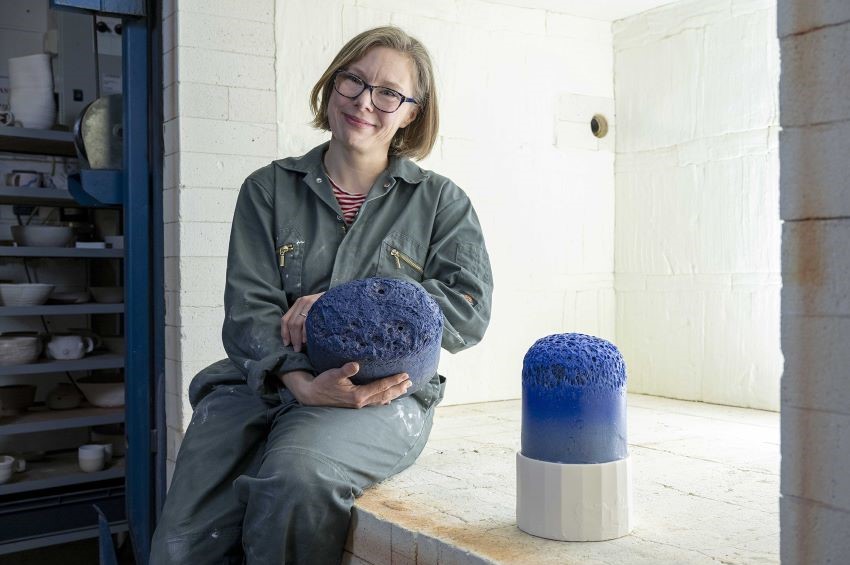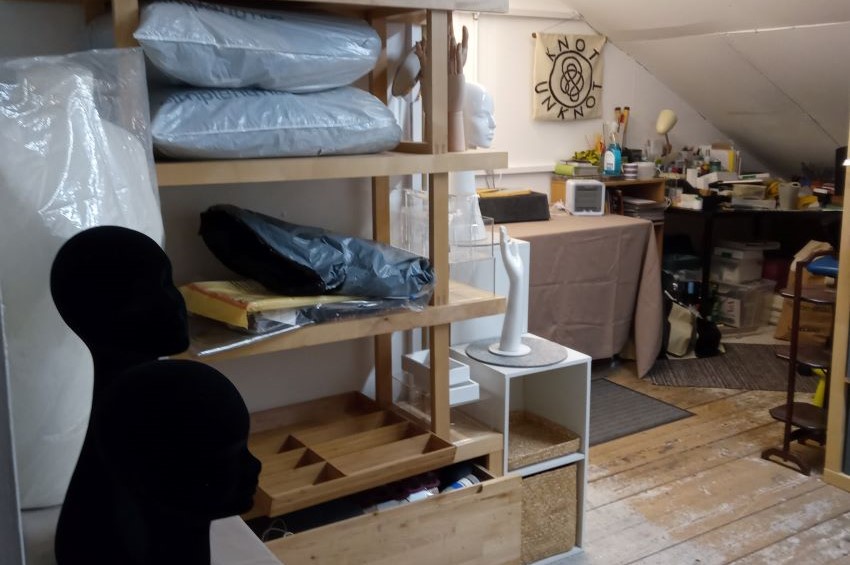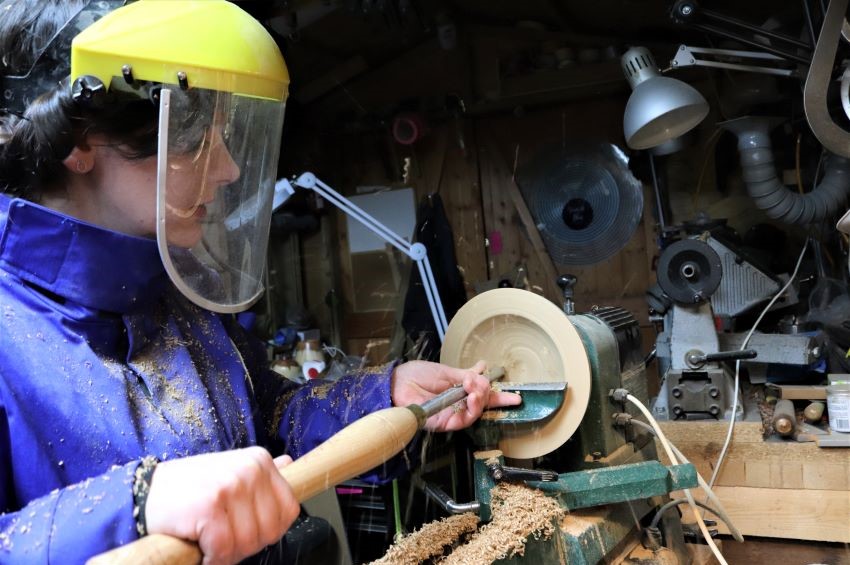Recent Articles
-
Full details→
![Craft Scotland Team Update]()
Announcement Craft Scotland Team Update
Craft Scotland is delighted to introduce three new team members who will play a key role in delivering our bold vision for the future programme.
20 Nov 2025
-
Full details→
![Celebrate Craft and Shop Local This Festive Season: Makers Markets and Open Studios Not to Be Missed]()
Shopping & Lifestyle Celebrate Craft and Shop Local This Festive Season: Makers Markets and Open Studios Not to Be Missed
As the festive season gets underway, we encourage you to support and celebrate makers around Scotland by shopping locally!
17 Nov 2025
-
Full details→
![Statement Regarding Access for HARVEST: Contemporary Craft Fair]()
Announcement Statement Regarding Access for HARVEST: Contemporary Craft Fair
Craft Scotland share an update about an unexpected change in the facilities at the City Art Centre, our venue for HARVEST: Contemporary Craft Fair.
24 Sep 2025
-
Full details→
![Programme Update Spring 2025]()
Announcement Programme Update Spring 2025
Find out about exciting new opportunities for makers and updates about our programme for 2025/26.
22 May 2025
-
Full details→
![Hag: Reimagining Complexities of Womanhood, Ageing and Wisdom]()
Exhibition Review Hag: Reimagining Complexities of Womanhood, Ageing and Wisdom
Rachel Ashenden reviews Hag. Knowledge, Power & Alchemy Through Craft, a group exhibition curated by Kate Pickering and presented by Fife Contemporary.
1 Apr 2025
-
Full details→
![The Craft Edit February 2025]()
The Craft Edit The Craft Edit February 2025
Explore the latest news in Scotland’s contemporary craft sector with the February edition of The Craft Edit.
18 Feb 2025
-
Full details→
![Sarah Hutchison Gives Jewellery a Second Chance to Sparkle]()
Essay Sarah Hutchison Gives Jewellery a Second Chance to Sparkle
Read the forth article in our series celebrating four of Scotland’s most innovative craft retailers.
5 Feb 2025
-
Full details→
![Òr: An Ode to Craft on the Isle of Skye]()
Essay Òr: An Ode to Craft on the Isle of Skye
Read the third article in our series celebrating four of Scotland’s most innovative craft retailers.
5 Feb 2025
-
Full details→
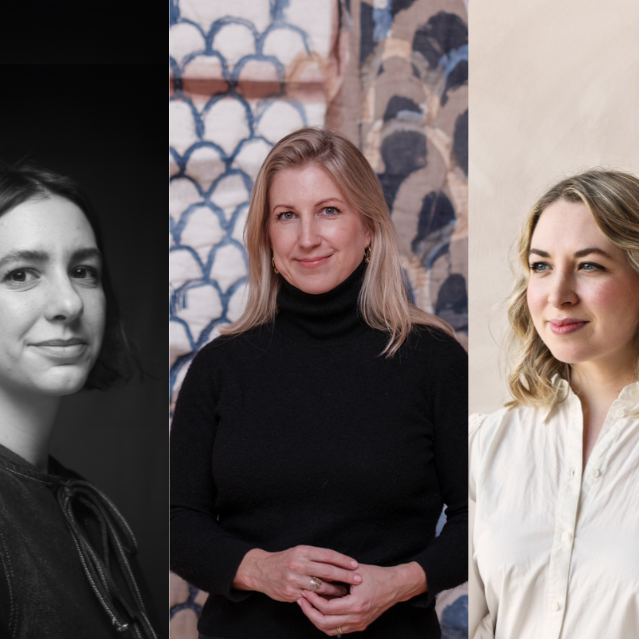
Announcement Craft Scotland Team Update
Craft Scotland is delighted to introduce three new team members who will play a key role in delivering our bold vision for the future programme.
20 Nov 2025
-
Full details→

Shopping & Lifestyle Celebrate Craft and Shop Local This Festive Season: Makers Markets and Open Studios Not to Be Missed
As the festive season gets underway, we encourage you to support and celebrate makers around Scotland by shopping locally!
17 Nov 2025
-
Full details→
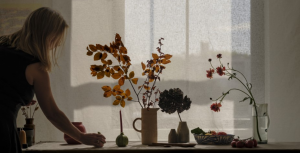
Announcement Statement Regarding Access for HARVEST: Contemporary Craft Fair
Craft Scotland share an update about an unexpected change in the facilities at the City Art Centre, our venue for HARVEST: Contemporary Craft Fair.
24 Sep 2025
-
Full details→
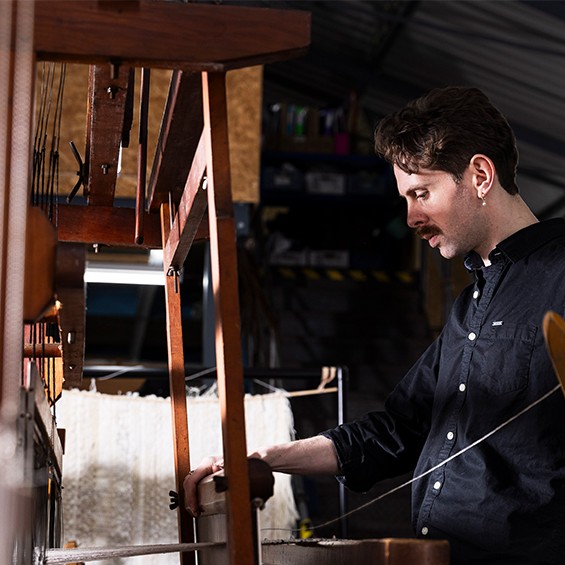
Announcement Programme Update Spring 2025
Find out about exciting new opportunities for makers and updates about our programme for 2025/26.
22 May 2025
-
Full details→
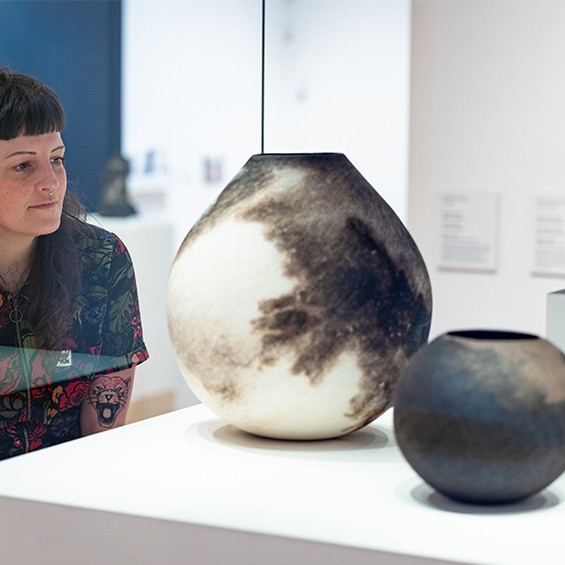
Exhibition Review Hag: Reimagining Complexities of Womanhood, Ageing and Wisdom
Rachel Ashenden reviews Hag. Knowledge, Power & Alchemy Through Craft, a group exhibition curated by Kate Pickering and presented by Fife Contemporary.
1 Apr 2025
-
Full details→
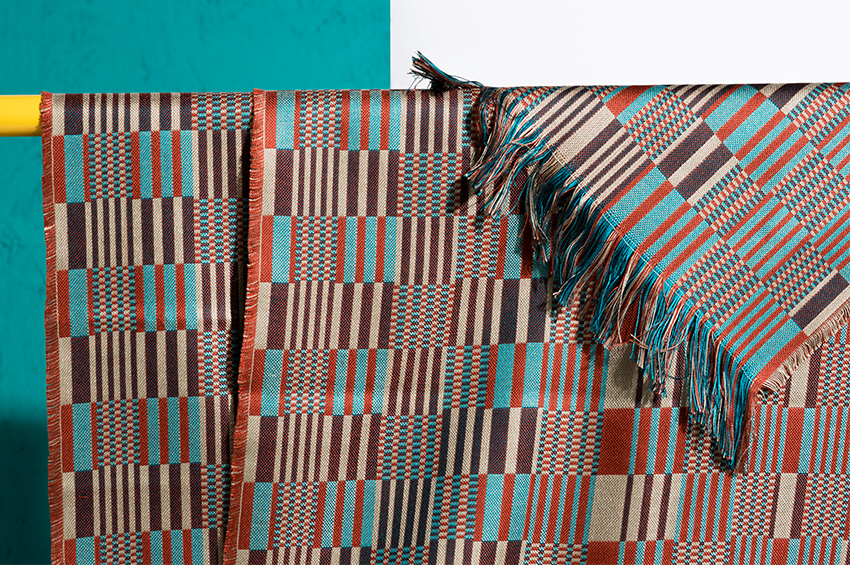
The Craft Edit The Craft Edit February 2025
Explore the latest news in Scotland’s contemporary craft sector with the February edition of The Craft Edit.
18 Feb 2025
-
Full details→
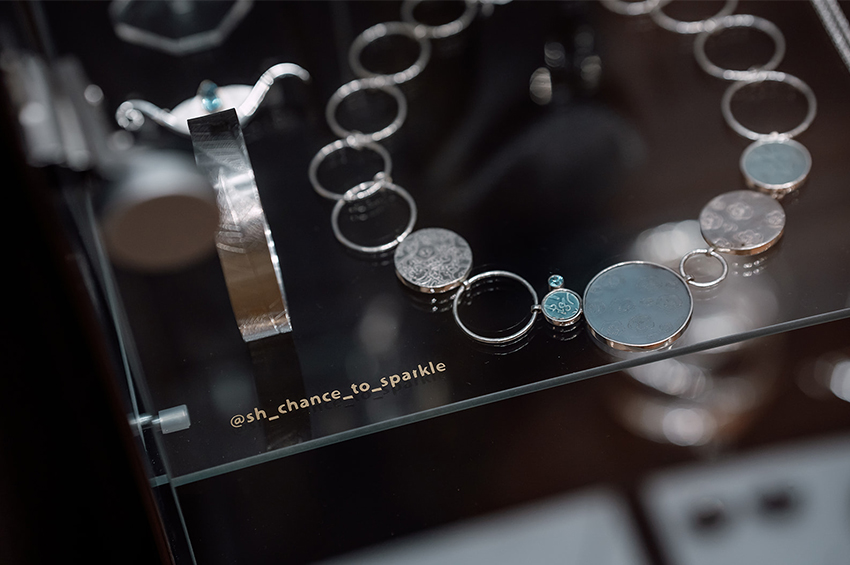
Essay Sarah Hutchison Gives Jewellery a Second Chance to Sparkle
Read the forth article in our series celebrating four of Scotland’s most innovative craft retailers.
5 Feb 2025
-
Full details→
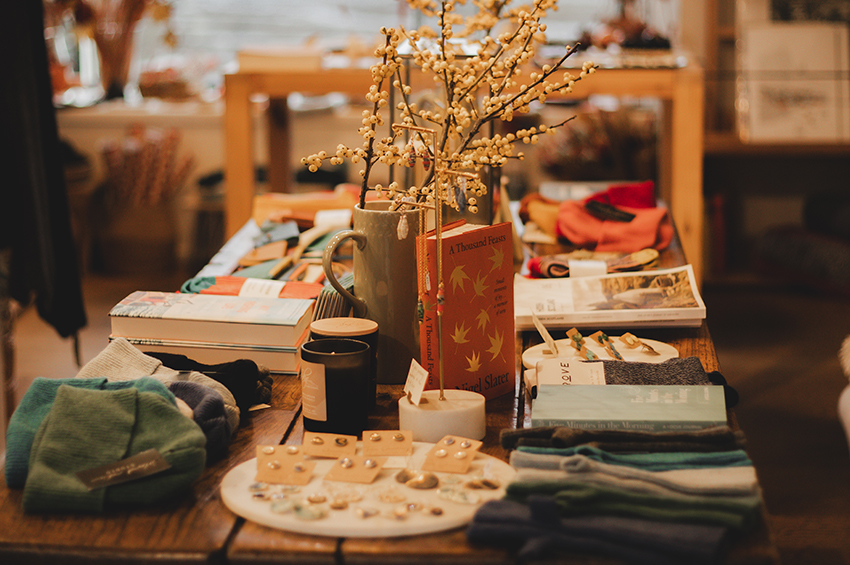
Essay Òr: An Ode to Craft on the Isle of Skye
Read the third article in our series celebrating four of Scotland’s most innovative craft retailers.
5 Feb 2025

